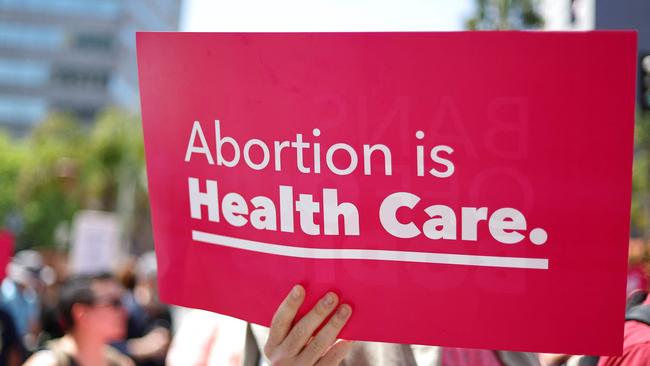
Democrats have been pro-abortion since Roe v Wade (1973). But last month in Chicago, a new ideology was evident: abortion as a positive moral virtue, with access to it a defining feature of the “freedom” agenda a president Harris would pursue.
Thirty years ago, Bill Clinton wanted abortion to be “safe, legal and rare”. That has become, today, “safe, legal and celebrated”.
How do we account for this?
Strategically, Democrats are probably correct to think there are more votes in extending abortion than there is for Republicans in restricting it. If they can mobilise 18-35-year-old women, that may be enough to tip very tight races in some swing states.
The electoral pay-off for Republicans of the Dobbs decision (2022), sending abortion rights back to the states to decide, is less clear-cut.
Donald Trump sends mixed messages on the issue. Harris does not.
There is a more compelling historical analogy, however. To grasp Democrat strategy and fervour today, we need to consider an example from its past.
The first uncomfortable fact a student of US history must wrestle with is the existence of slavery at its beginning. My immature assumption, as a new undergraduate, was that slavery was dying from the moment America was born, that even its proponents knew their peculiar institution’s days were numbered, that abolition was just a matter of time.
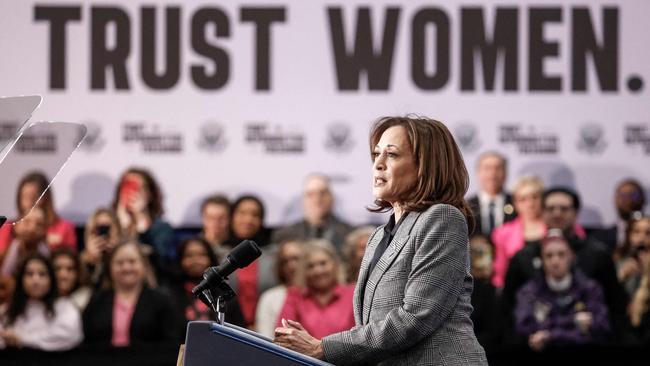
This optimistic reading was wrong. From American independence, in 1776, to the Emancipation Proclamation, freeing all enslaved African-Americans, in 1863, those with an interest in the system fought fiercely to keep it safe and legal.
The US Supreme Court, in a disastrous attempt to resolve the issue in 1857, ruled that slavery was constitutional, that blacks had no rights white men were bound to respect. Abraham Lincoln’s new Republican Party demurred. And the war came. Slavery was not seen as a necessary evil by its defenders, but as a positive good. It was part of the natural order of things. And the more abolitionists attacked the practice, the more slaveholders built a pro-slavery ideology.
It was the catalyst of America’s first culture war – resolved on the battlefield. From 1821-61, Southern Democrats went from defending a discrete, geographically limited system of production to embracing chattel slavery as a way of life, as a statement of their cultural identity.
Its second – and ongoing – culture war has unsettling echoes of its first. Abortion is an unavoidable frontline in that war. How can we understand the Democrats’ defence of abortion with reference to their defence of slavery?
Some caveats. I am not arguing the Southern Democrats of the 19th century were pro-choice; they surely imposed barbaric family planning on those they enslaved. Nor am I suggesting Harris’s supporters are pro-slavery – an absurd claim.
Rather, the way American politics, and especially its constitution, conditions ideological discourse is similar in both cases. The Democrats, old and new, are not accidentally but constitutionally and psychologically aligned on slavery and abortion.
Constitutionally, the right to an abortion had to be secured in the same way as the right to traffic slaves. Roe v Wade never escaped the legacy of Dred Scott. They were cut from the same cloth.
In 1857, the Supreme Court struck down a national anti-slavery law as a violation of the fifth amendment. “Pleading the fifth” was made famous in any number of US cop shows – as a barrier to self-incrimination. It goes on to prohibit the federal government from depriving any person of “life, liberty, or property, without due process of law”.
While this looks like mere procedure, that the government can do X, Y, and Z so long as process is followed, the court ruled that “due process” must entail a substantive emphasis on what is being prohibited. Attempting to bar slavery from the new territories of the US went beyond, substantially beyond, what mere process allowed.
If congress wanted to ban slavery and with it, by implication, an entire way of life, it would have to pass an amendment to that effect. It could not achieve by mere conformity to a process what it could not secure via democratic politics. That amendment was finally passed: the 13th (in 1865). It took nearly 700,000 American lives to achieve it. That was the blood sacrifice of the Civil War.
A century later, the Supreme Court did essentially the same again in Roe v Wade.
This time it found a right to an abortion (as it had a right to property in slaves) in another due process clause, in the 14th amendment. This clause, reasoned the court (7-2), must encompass a right to privacy, which includes a woman’s right to terminate her pregnancy.
Pro-lifers, like anti-slavery abolitionists before them, demanded a new amendment, passed via the elected branches. None proved viable. More than 60 million abortions followed. By judicial decree. And the culture war came.
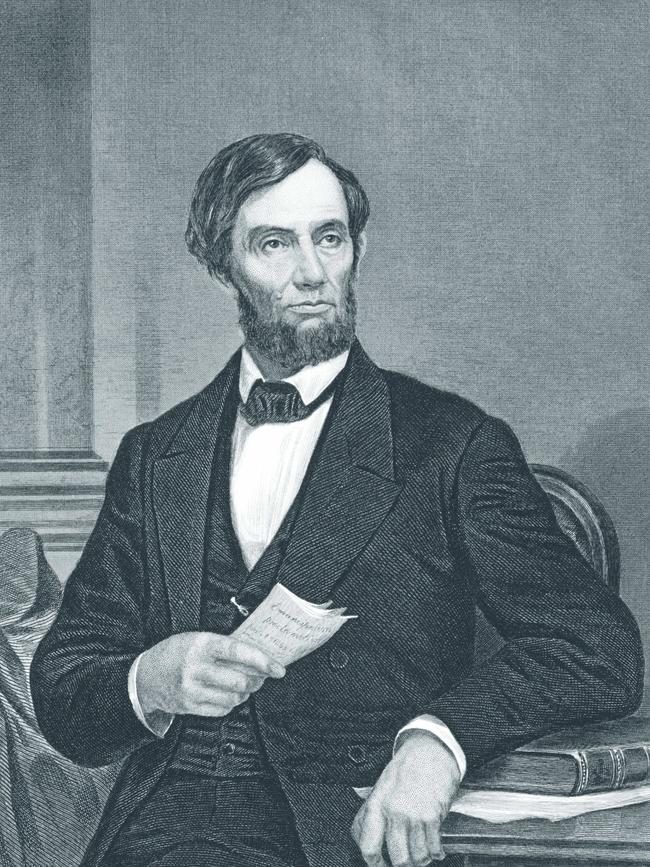
Harris’s Democrats are engaged in the same constitutional struggle as were their pro-slavery forebears: to convince the Supreme Court to read their preferred rights back into the constitution. A pro-abortion amendment is a political non-starter. An anti-slavery amendment took a civil war to achieve.
Psychologically, the similarities are as numerous as they are disconcerting. Contemporary Democrats use a logic about abortion that their Southern ancestors would have understood about race: “The unborn, like the enslaved, are not fully human; we decide their fate. A fetus and an enslaved person are not rights-bearing entities; the property rights of their carriers/owners take precedence. We get to choose what happens within our own private sphere. Mind your own business.”
Turning the issue over to the states, as Dobbs does, is not enough. If pro-choice Democrats study the demise of slavery, what they will observe is the insufficiency of federalism to protect their rights’ claim.

Harris does not want abortion “safe, legal and celebrated” only in California and New York. She wants it nationalised into Alabama and Wyoming. This is a recipe – as it was in the middle of the 19th century – for polarisation and conflict.
Again, my argument is not that there is a moral equivalence between abortion and slavery. It is to observe how their Democratic proponents have defended a right to both, and the fervour with which they have done so was and is woven into the fabric of American politics – and not easily unpicked.
Timothy J. Lynch is professor of political science at the University of Melbourne.



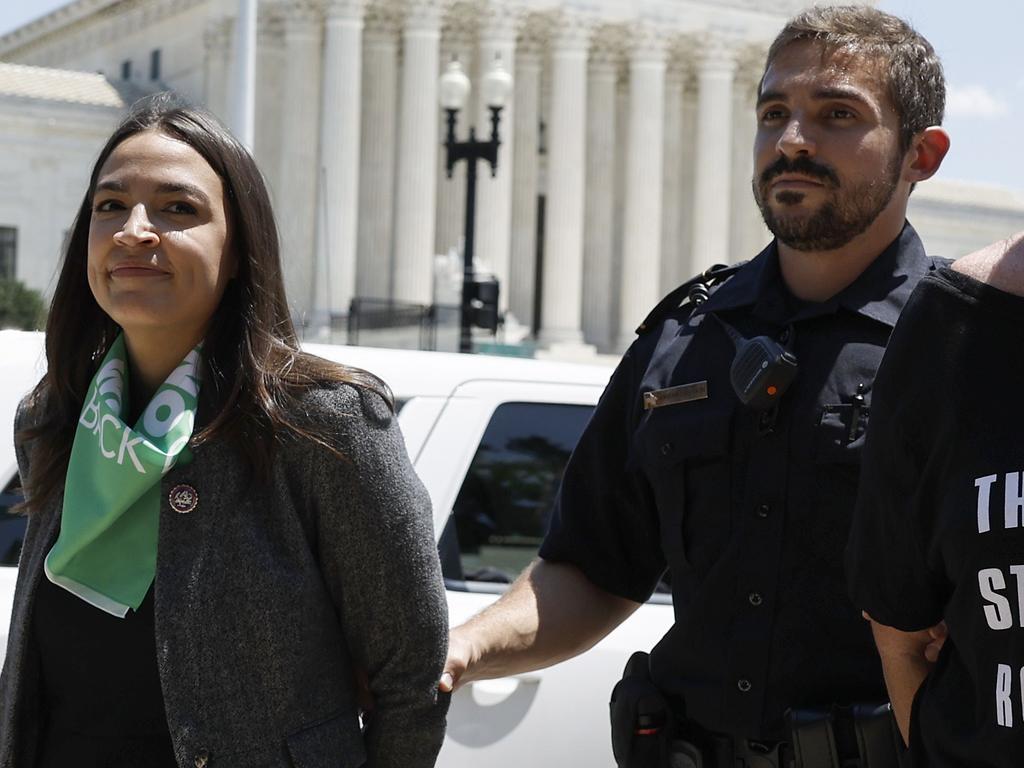
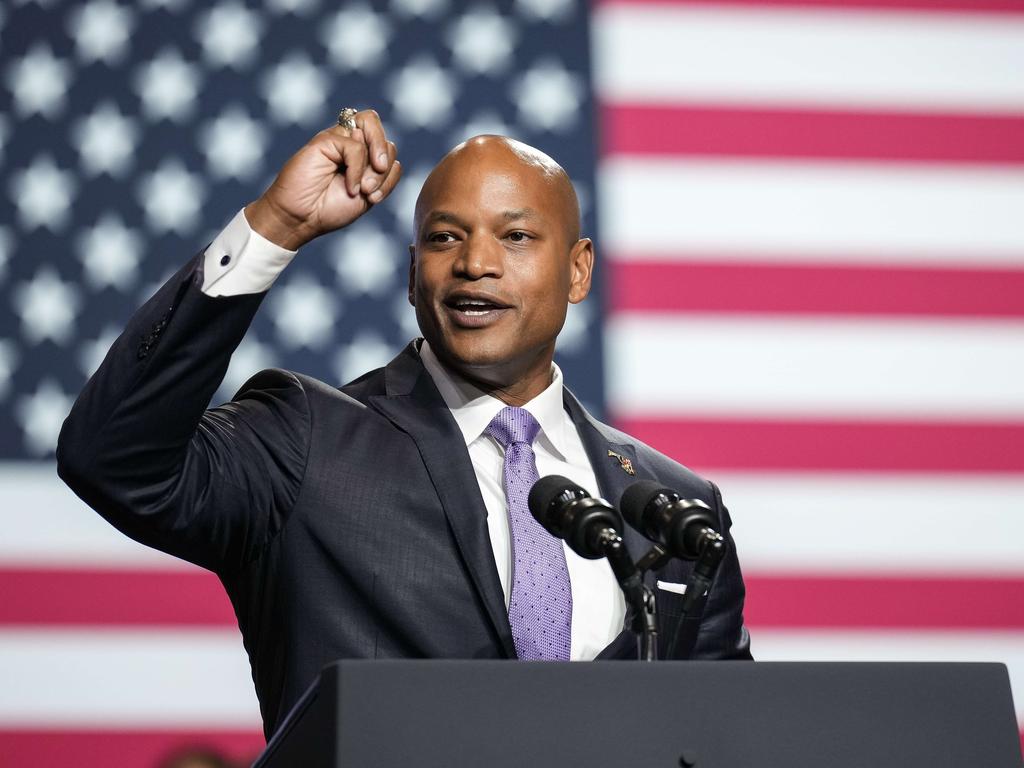


Perhaps the most remarkable transformation of recent American politics – after the Second Coming of Kamala Harris – is the embrace of reproductive rights by her party.